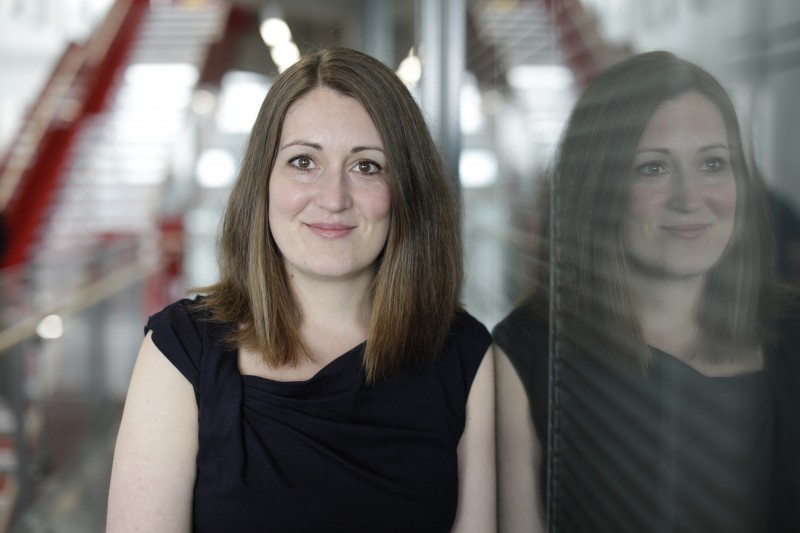By Sophie Arthur
August 25, 2020
Time to read: 3 minutes

What’s your role at the LMS?
I lead the Redox Metabolism group. My lab currently comprises a post-doc, a technician and two PhD students. I have been a Group Head for nearly seven years, including six months of maternity leave.
How have you found the balance of working at home?
My son is now three, so working from home (or a flat to be more specific!) during the lockdown was a challenge. Not only was nursery closed, we also lost our back-up childcare provided by my parents. We’re lucky that they live locally – scientists often find themselves moving countries during their careers, which has the downside of being away from family. Before the pandemic we relied a lot on their help for babysitting or trips to the park, but they are in their 70s and have been shielding.
What’s worked well, what have you found difficult?
My partner also runs a research lab – we met as post-docs 10 years ago – and it’s helpful that we understand each other’s work commitments. During the lockdown, we split the days in half – either working or parenting, and then reversing roles. We did our best to coordinate schedules, although we occasionally had to deal with both having remote meetings at the same time. Our son has accidentally video-bombed quite a few calls. His nursery reopened at the start of June, which has helped us to regain some form of normality in these far from normal times, but I’m aware that many working parents are still continuing to cope with the responsibilities of childcare from home.
What are the main work challenges for you at the moment?
Our lab uses the fruit fly Drosophila as a model to study ageing and age-related metabolic diseases. Flies have many advantages as an experimental system, in particular their short lifespan, which means we can make progress into understanding the ageing process much more rapidly. But one disadvantage, which became particularly apparent during this lockdown, is the fact that we need to maintain our flies as living stocks. Other models, such as yeast and worms can be frozen down. But flies can’t be revived after freezing, so during the lockdown we needed to make sure that our many hundreds of strains survived.
Have you taken up any new or interesting hobbies – or spent more time on existing ones?
I enjoy baking, especially novelty cakes for special occasions such as weddings and birthdays, or lab celebrations when a student passes their viva or a paper is accepted. In fact, our latest study was published in April during the lockdown, so I still owe the lab a cake!
I’ve made everything from giant flies and edible protein gels, to chemical structures out of muffins. These past few years have been particularly busy at work, which meant that I’ve had less time for hobbies. However, during lockdown I’ve had the chance to do more baking activities with my son than during the whole previous three years, which has been a silver lining.
This story was originally published on the UKRI Infohub.